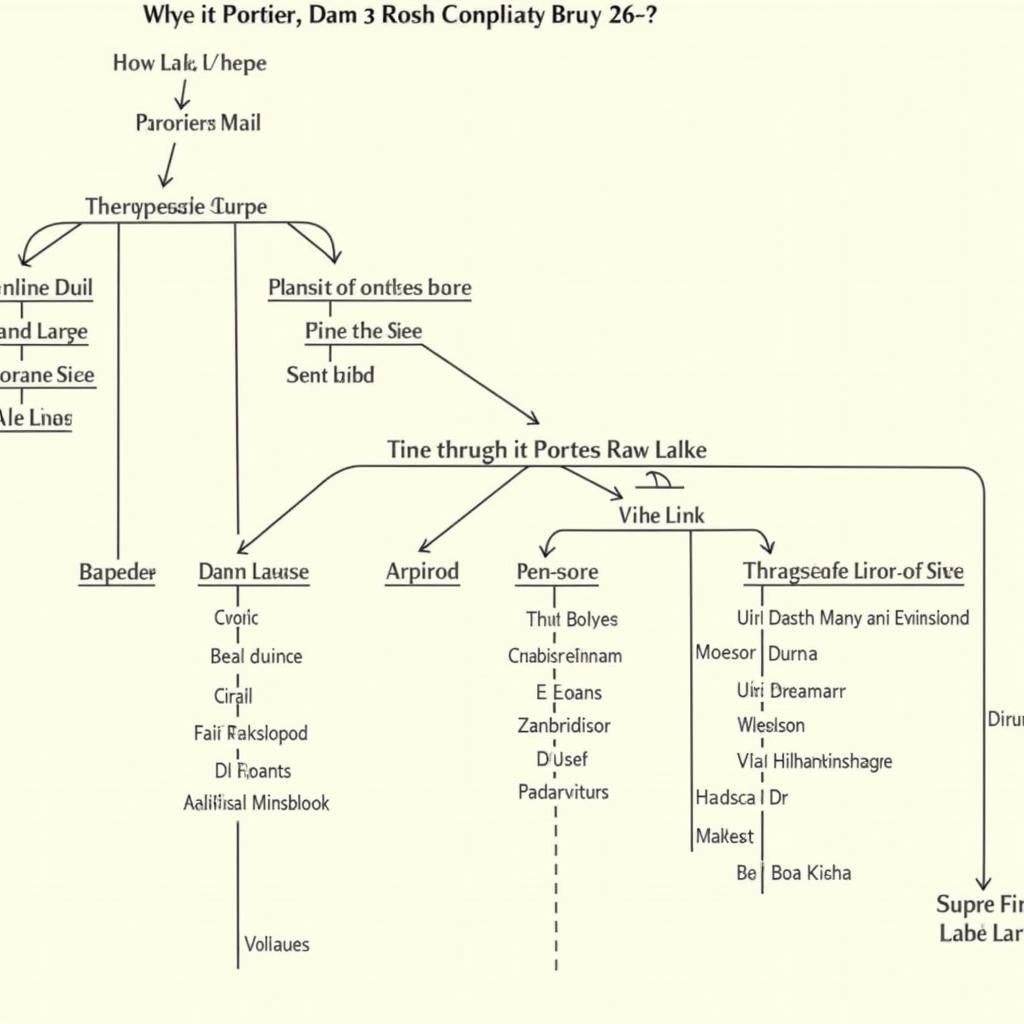The enigmatic “Cugino Horse” has sparked curiosity among equine enthusiasts. Let’s delve into the world of horses and explore what this term might signify, while also examining broader aspects of horse care and companionship.
Understanding the “Cugino Horse” Phenomenon
While “cugino” translates to “cousin” in Italian, there’s no recognized horse breed or specific term officially designated as “cugino horse.” This suggests the term likely refers to a horse related to another, perhaps through breeding or shared lineage. It’s possible “cugino horse” is a colloquialism used within a specific community or region.
Is “Cugino Horse” a Misnomer?
The absence of “cugino horse” in established equine terminology raises the possibility of a misunderstanding or miscommunication. Perhaps it’s a slang term, a nickname, or even a playful reference. Understanding the context where you encountered this term is crucial to unraveling its meaning.
Exploring Equine Relationships and Lineage
Regardless of the precise meaning of “cugino horse,” exploring equine relationships and lineage provides valuable insight into horse breeding, genetics, and overall horse care.
The Importance of Pedigree
A horse’s pedigree is a detailed record of its ancestry, tracing back generations. It’s a valuable tool for breeders, helping them understand a horse’s potential for specific disciplines, predict physical characteristics, and manage genetic diversity within a population. Knowing a horse’s lineage can also inform decisions about health care, training, and overall management.
Uncovering the Family Tree
Uncovering a horse’s family tree can be a fascinating journey. Various resources, including breed registries, online databases, and historical records, can help trace a horse’s ancestors and potentially identify relatives, perhaps even a “cugino horse” in the colloquial sense.
 Example of a Horse Pedigree Chart
Example of a Horse Pedigree Chart
Caring for Your Equine Companion
Whether your horse is a “cugino” in the literal or figurative sense, providing proper care is essential for its well-being.
Essential Horse Care Practices
- Nutrition: A balanced diet tailored to your horse’s age, activity level, and individual needs is crucial.
- Housing: Providing a safe, comfortable, and clean living environment, whether a stall or pasture, is essential.
- Healthcare: Regular veterinary checkups, vaccinations, and dental care are crucial for preventing and addressing health issues.
- Exercise and Training: Regular physical activity and appropriate training are vital for maintaining a horse’s physical and mental health.
Building a Strong Bond
Building a strong bond with your horse takes time, patience, and understanding. Spending quality time with your horse, engaging in activities like grooming, groundwork, and riding, strengthens the human-animal connection and enhances the overall experience of horse ownership.
Conclusion: The Cugino Horse and Beyond
While the mystery surrounding the “cugino horse” remains, exploring equine relationships and lineage provides valuable insight into the world of horses. Remember, providing proper care and building a strong bond with your equine companion, regardless of its lineage, is essential for its well-being and your enjoyment as a horse owner.
FAQs about Horse Care
-
What is the average lifespan of a horse? Horses typically live between 25 and 30 years, but some can live longer with proper care.
-
How much space does a horse need? Horses require ample space for exercise and grazing. Pasture size varies depending on the horse’s needs and the availability of forage.
-
What are the signs of a healthy horse? A healthy horse has a shiny coat, bright eyes, good appetite, and regular bowel movements.
-
How often should I deworm my horse? A regular deworming schedule is crucial. Consult your veterinarian for an appropriate program.
-
What are the common health problems in horses? Common equine health problems include colic, laminitis, and respiratory infections.
Need assistance with your equine companion? Contact us! Phone: 0772127271, Email: [email protected] Or visit us at: QGM2+WX2, Vị Trung, Vị Thuỷ, Hậu Giang, Việt Nam. We have a 24/7 customer service team.